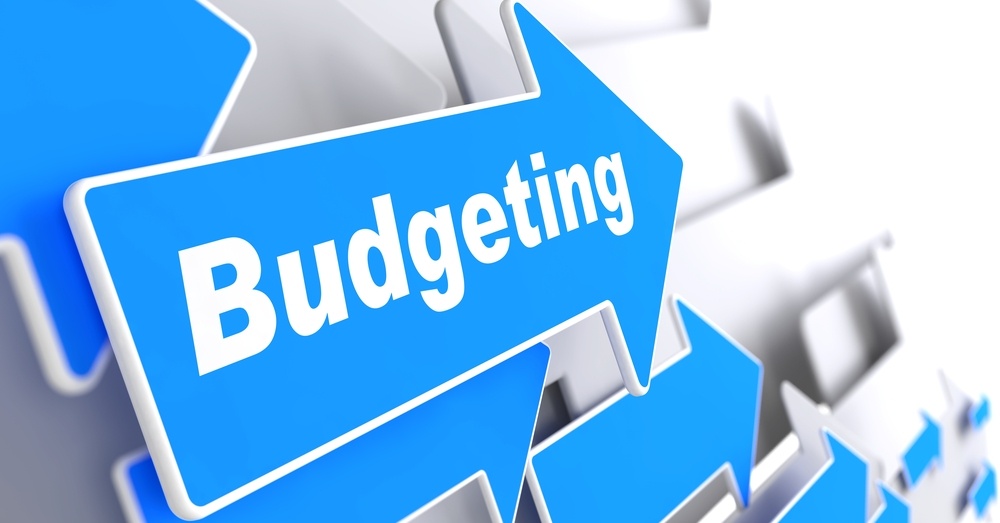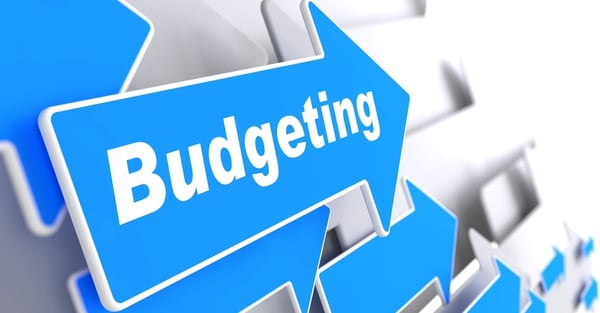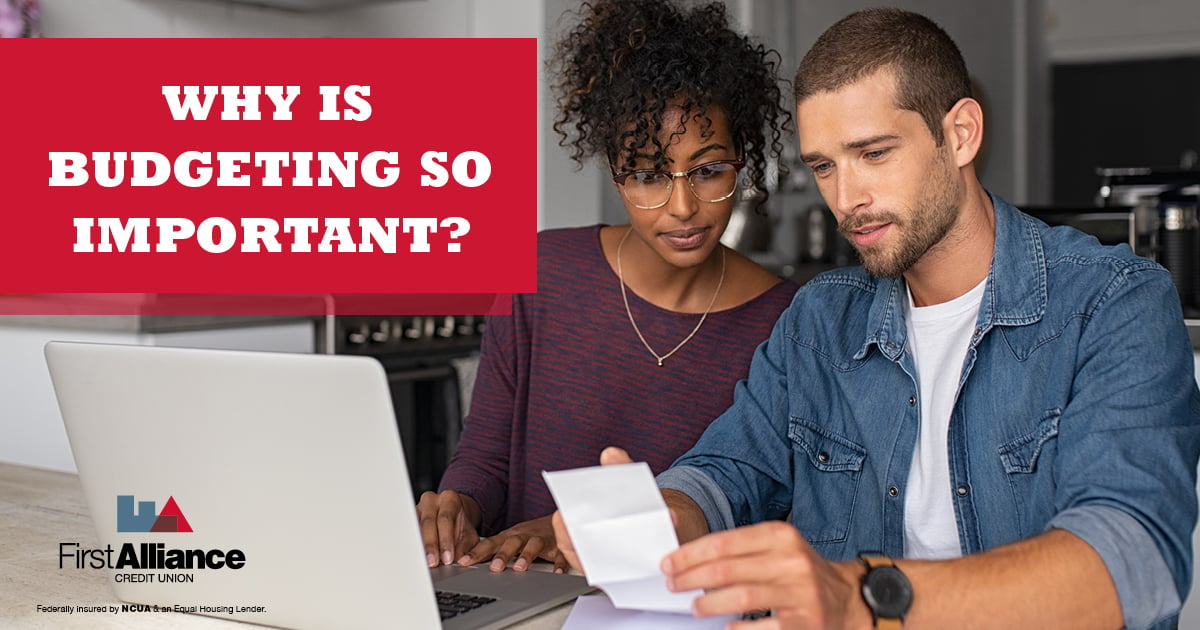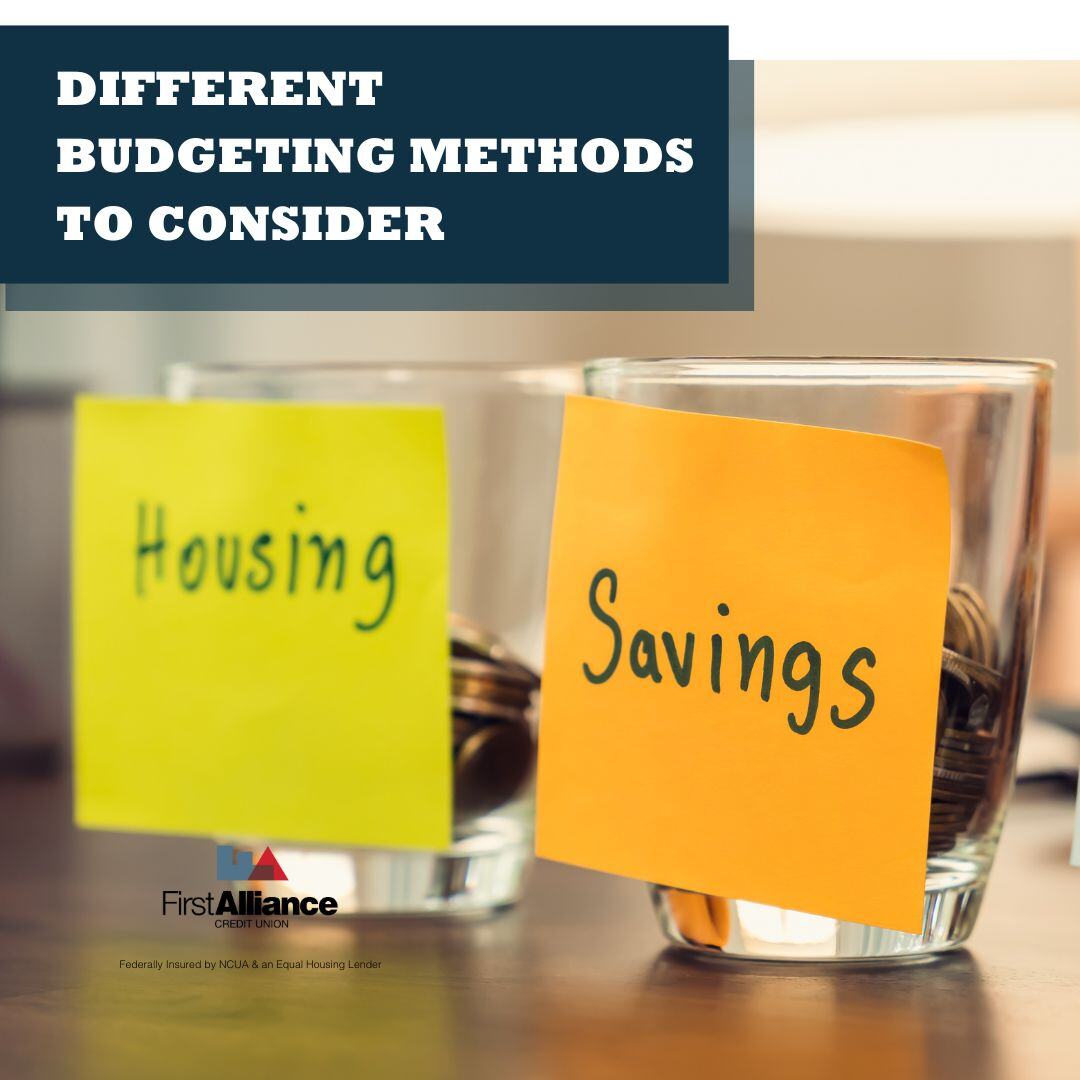Why is Budgeting so Important?
Ask any financial expert what you have to do to control personal finances, and they’ll tell you the first step is creating a budget. For that matter,...
2 min read
![]() First Alliance Credit Union
:
Dec 15, 2020 6:46:00 AM
First Alliance Credit Union
:
Dec 15, 2020 6:46:00 AM

One of the most important and fundamental habits for financial wellness is budgeting. By making budgeting a habit now, you will see lots of benefits in the long run.
A budget is a plan for how much money comes in and how mow much money goes out each month. It's really that simple. By breaking down your budget into categories such as mortgage, food, and entertainment, you can see where you can cut back, and where you have wiggle room. Creating a budget that factors in things like savings and investments also makes it easier for you to create a solid foundation.
Budgeting will give you clarity into your finances and will help you make more informed choices. You wouldn't enter a dark room without turning on the lights first, right? That's exactly what a budget is for your finances: it's a light that you shine on your financial transactions. By seeing your finances clearly, you may notice where you are overspending. You can set other goals too, such as paying down debt, saving, and investing. By placing these items on your budget, you are essentially making your financial goals a bill that you pay to yourself. This makes it easier for you to achieve your dreams on your journey of financial wellness.

A budget is beneficial for anyone who uses one. Almost every business in the United States operates off of a budget, which allows them to make smart financial choices to increase the bottom line. Families who create a budget also find that they are better positioned to achieve financial wellness and meet certain goals like planning for retirement or building up a college fund. For individuals, the benefits are the same: greater understanding of your finances that enables better choices for how you spend your money.
The first step to creating a budget is to list all the money that you have coming in. This includes your paycheck, social security payments, alimony, money from a side gig or any other form of income you receive.
Next, track your spending. Here you want to start with all of your fixed payments-the bills you absolutely have to pay such as a mortgage, utilities, car payments, student loan debt, etc. After that, take a look at your last few bank statements and figure out where the rest of your money is going.
Record all of your income and expenses in a place that is ease to access and understand. There are online tools, such as Mint.com, that can automate the budgeting process for you.

You can create a budget anytime! The important thing is to stay consistent and continue to track it. For instance, when you first start budgeting, you'll want to make sure you are sticking to your budget each month. This will ensure that budgeting becomes a habit and will help you make sure you are staying on track with your financial goals. Once you get into the flow of budgeting, you may decide to refresh your budget seasonally. Updating your budget on a semi-regular basis, allow for you to account for changes in income and expenses, such as a raise or unexpected medical issues.
Some people think of a budget as the financial equivalent of a straight jacket, but the reality is just the opposite. Rather than constricting you, a budget gives you freedom to spend, know that you are able to achieve your financial goals at the same time. Once you've mastered the budget basics, you'll find a sense of mental clarity on your path to financial wellness.
 Our partners at GreenPath Financial Wellness have provides us with this content.
Our partners at GreenPath Financial Wellness have provides us with this content.

Ask any financial expert what you have to do to control personal finances, and they’ll tell you the first step is creating a budget. For that matter,...

Budgeting is an essential element of managing money. Without establishing a budget, you may not know how much you have spent or what you can afford...
.jpg)
When most parents start teaching children about money, they usually give their children an allowance and help them get their own bank account. What...